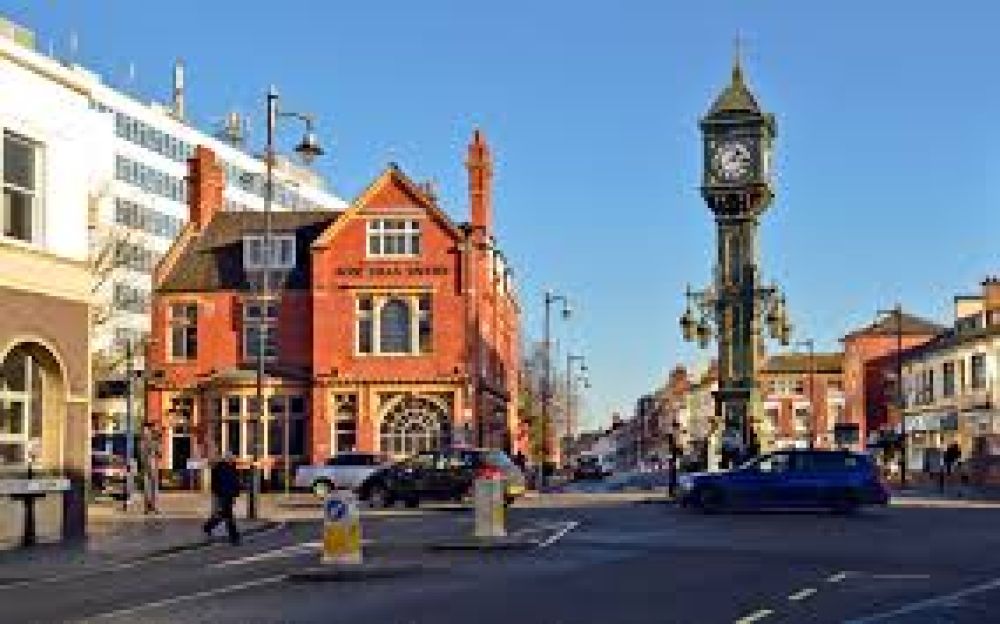

The Jewellery Quarter in Birmingham, United Kingdom, is an area steeped in history and tradition, with its roots in the city's industrial past. Renowned for its artisan craftsmanship and quality jewellery production, this historic district has shaped Birmingham’s identity as a center for trade and skilled workmanship.
The beginning of jewellery production in Birmingham can be traced back to the 16th century. However, it was during the 18th century that the industry began to grow significantly, with the area becoming home to a burgeoning population of skilled jewellers and goldsmiths. By the 19th century, the Jewellery Quarter had firmly established itself as a hub of exquisite jewellery-making, earning global recognition.
Over time, the Quarter became known for more than just jewellery. It played a crucial role in Birmingham's industrial revolution, diversifying into the production of buttons, coins, and medals. The area’s collaborative approach to trade with interconnected businesses and workshops contributed to its success and longevity.
The intrinsic appeal of the Jewellery Quarter began to transition from purely trade to also being a point of interest for visitors. By the 20th century, the area's architectural heritage, alongside its unique craft, started to draw both national and international tourists. This interest was driven by the desire to explore the traditional workshops, historic buildings, and, of course, to purchase authentic, handcrafted jewellery.
In the latter part of the 20th century, efforts were made to preserve the Jewellery Quarter's architectural significance and industrial heritage, making it an even more attractive destination for tourists. Key landmarks such as the Museum of the Jewellery Quarter, the Birmingham Assay Office, and St. Paul's Square became focal points for cultural tourism.
In recent years, the Jewellery Quarter has embraced a blend of the traditional and modern. It is not only celebrated for its deep-rooted history in jewellery making but also for its vibrant food scene, independent shops, and cultural events. Tourists are now attracted to the area for all-inclusive experiences that combine shopping, dining, and cultural enrichment, with the Quarter often hosting festivals, open workshops, and historic tours.
Digital technology has also influenced the way tourists explore the Quarter. Interactive maps and smartphone apps offer guided tours and information, allowing visitors an enhanced and personalized journey through the narrow streets and historic courtyards.
Today, sustainability and ethical sourcing in jewellery production are increasingly important to consumers, with the Jewellery Quarter's businesses responding positively to this trend. Tourists are seeking out establishments that pride themselves on ethical practices, adding a new layer to the visitor experience in the area.
The Jewellery Quarter remains a significant contributor to Birmingham's local economy, with tourism playing a vital role in preserving the heritage of this remarkable part of the city.